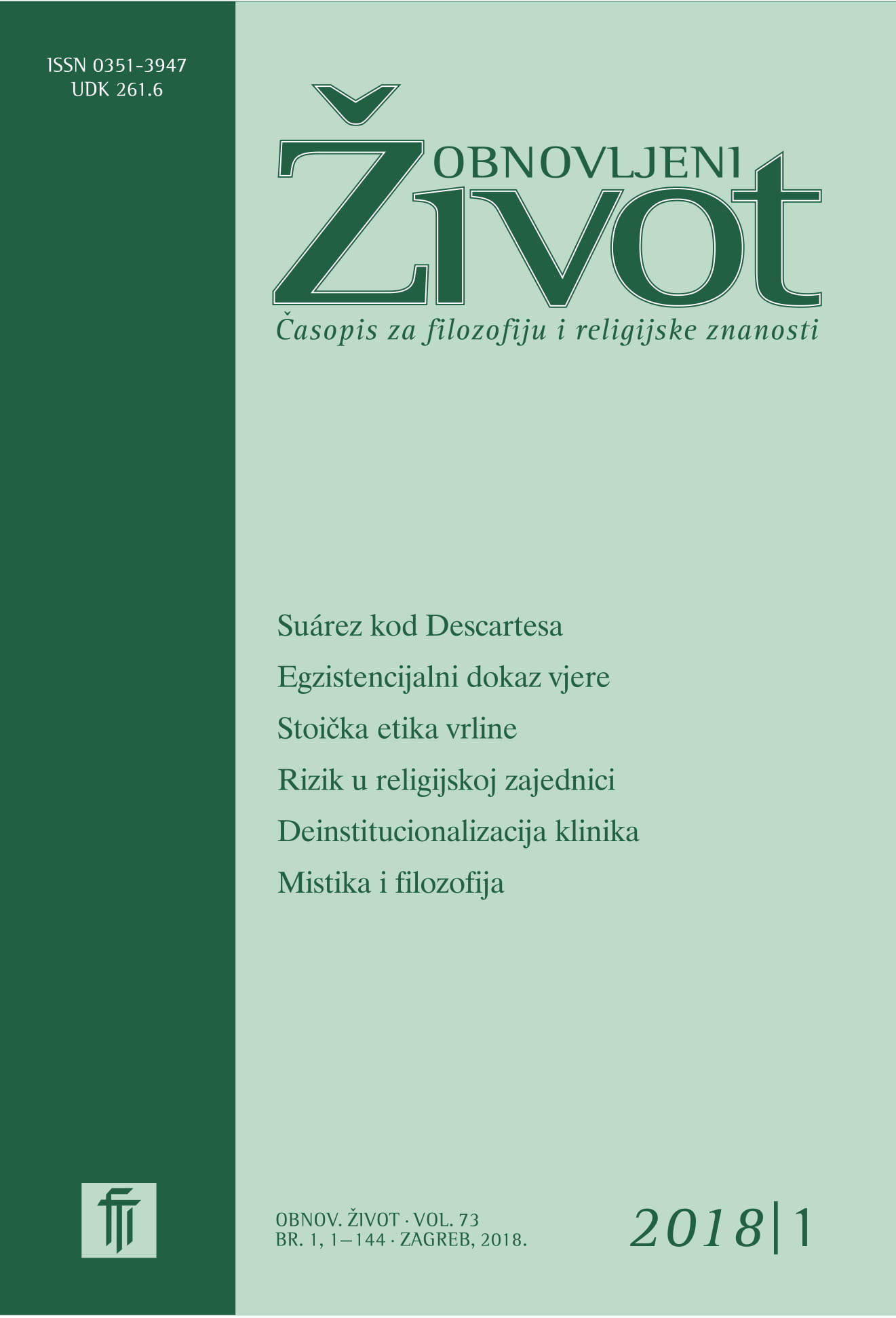Suarez’s Eternal Truths and Descartes’ Third Meditation
Keywords:
eternal truths, uncreated eternal truths, Meditations, Suárez, Descartes, potentia objectiva, existence of GodAbstract
The article analyzes Suárez’s understanding of the eternal truths in his 31st Disputation, in regard to the status of creatures in the divine mind and the role of efficient causality. Three points are relevant for an interpretation of Descartes: for Suárez, the eternal truths regarding the essences of creatures express a hypothetical necessity concerning real existence; it is impossible to adequately understand these essences apart from their actual or possible efficient cause; there are eternal truths about entia rationis that express nothing concerning real existence. Part two of the article defends the thesis that Paragraph 16 of the Third Meditation (AT VII 42) contains two Suarezian eternal truths and that from both of these it follows that God exists: from “it could be demonstrated that there exists in the world something apart from myself,” it follows that God exists, and from “it cannot be demonstrated that there exists in the world something apart from myself” it also follows that God exists, i.e. myself. Hence, paragraphs 17–22 of the Meditation do not contribute to the proof of God’s existence, but they do prove that the subject itself of the Meditations is not God. All of the above leads to the conclusion that paragraph 16 of the Third Meditation in fact contains Descartes’ uncreated eternal truth about the existence of God (AT I 150).
Downloads
Published
Issue
Section
License
Jednom prihvaćeni članak obvezuje autora da ga ne smije objaviti drugdje bez dozvole uredništva, a i tada samo uz bilješku da je objavljen prvi put u Obnovljenom životu. Uredništvo će obavijestiti autora o prihvaćanju ili neprihvaćanju članka za objavljivanje.
Članci objavljeni u časopisu se, uz prikladno navođenje izvora, smiju besplatno koristiti u obrazovne i druge nekomercijalne svrhe.


